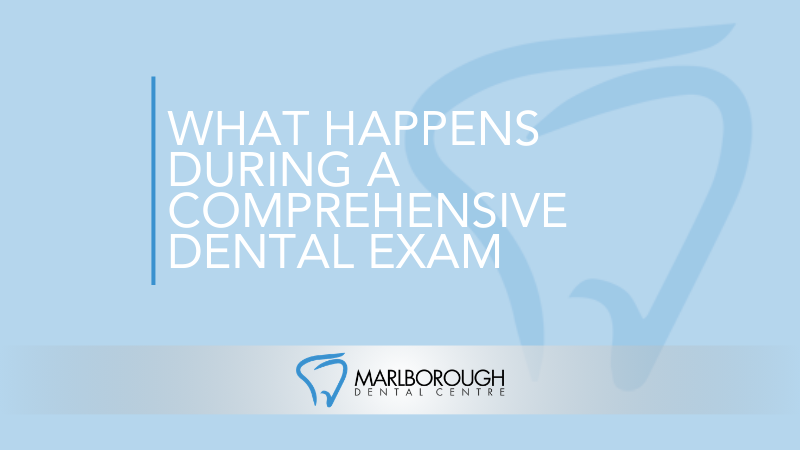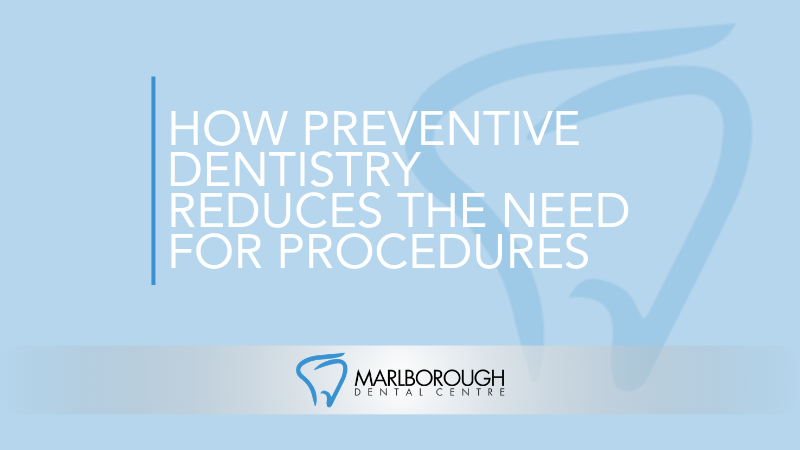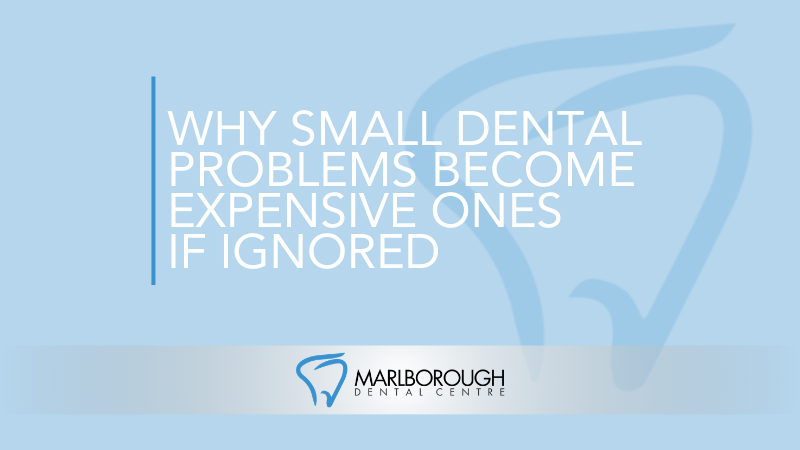Do you sometimes wake up in the morning to a bad taste in your mouth? Or do you begin to notice bad breath developing throughout the day, even if you weren’t munching on garlic and onions for lunch? If you’ve been wondering what causes bad breath, the answer is that it’s about more than what you eat.
Dentist Dr. Popp and his dental hygiene team at Marlborough Dental Centre in NE Calgary share information about what causes bad breath and what you can do to not only avoid it, but also prevent it in the future.
How does food cause bad breath?
Bad breath, or halitosis, can be instigated by the foods you eat, such as garlic and onions. Unfortunately, if you have a rather pungent lunch, merely brushing and flossing your teeth or using mouthwash after won’t cure the situation. That’s because when we eat, the food is eventually digested into our bloodstream and travels to the lungs. Because of that, the scent of some foods is given off through our breath. The smell won’t go away until those foods have completely passed through our bodies.
How does oral health affect bad breath?
Another cause of bad breath is poor oral hygiene. When we eat, food particles sit in our mouths, which can contribute to bacterial growth. Bacteria can release a smell that leads to bad breath. By brushing twice a day, particularly after we eat, as well as flossing every day and using mouthwash, we can remove these food particles and bacteria, and keep bad breath at bay. Pro tip: Make sure you brush thoroughly, including the roof of your mouth, your tongue and your gums.
Smoking or chewing tobacco products also lead to bad breath, as well as discoloured teeth, gum problems and the inability to properly taste food.
Do health problems affect bad breath?
There are several health problems that can cause bad breath. Gum disease is one of those, and is caused by large amounts of plaque building up on the teeth. Plaque is a sticky or hard substance on the teeth where bacteria can form and release toxins, causing bad breath and leading to gum disease. If gum disease isn’t treated right away, it can damage our gums and jawbone.
Dry mouth can also cause bad breath, because saliva helps neutralize acids in our mouths and wash away cells and bacteria that would otherwise build up on the tongue, gums and cheeks. There are several medications that can lead to dry mouth, as can problems with our salivary glands or mouth breathing.
Chronic acid reflux, liver or kidney problems can also contribute to bad breath. It’s important to talk to a doctor or dentist about ways to avoid bad breath if you have these problems.
How can we prevent bad breath?
- Brushing twice a day is the best way to prevent bad breath, especially by also brushing our gums, tongue, cheeks and the roof of our mouths. Send your kids to school with a toothbrush so they can brush after lunch. Remember to floss every day to get bacteria out of the areas that a toothbrush can’t reach.
- Visit your dentist for checkups at least twice a year. It’s the best way to identify oral health or general health problems that lead to bad breath before they become too serious.
- Keep track of the foods you eat with a journal. If you’re worried that your diet might be contributing to bad breath, show the journal to your dentist for advice on how to address the problem. Also make a list of medications you take.
- If you wear dentures, be sure to rinse them after every meal, brush them twice daily and soak them every night.
- Stop smoking or chewing tobacco.
- Drink lots of water to help keep your mouth moist and chew sugarless gum that helps promote saliva production.
Contact Dr. Popp and his team at Marlborough Dental Centre in NE Calgary to make an appointment for an oral health exam and to discuss how to make bad breath a thing of the past. Call 403-248-2066 or email us today.



